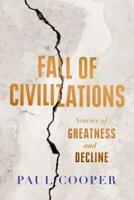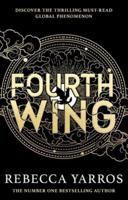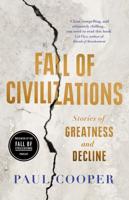Publisher's Synopsis
We are by nature moral beings who desire virtue.1 This fact is borne out by innumerable
studies.2 Aristotle's Nicomachean Ethics and Eudemian Ethics remain among the most
influential works on ethics and human moral psychology. Aristotle claims that human beings can
develop good character traits and achieve virtue with the appropriate upbringing (what Aristotle
called habituation). Much of what Aristotle says about character traits, virtue, and habituation is
accepted today and inspires character education.3 Yet recent results in experimental psychology
challenge the notion of character traits and virtue as understood by Aristotle. 4 The challenge is
the abundance of evidence showing that almost all human beings lie, cheat, steal, and harm
others; we lack virtue. Christian Miller captures the problem when he says, "the burden is on the
Aristotelian to show how realizing such a normative ideal is psychologically realistic for beings
like us."5 This dissertation argues that virtue is not a realistic ideal for us absent God's help. I
contend that Aristotle was mistaken about human nature and the power of a good upbringing to
create good character traits and achieve virtue.

























